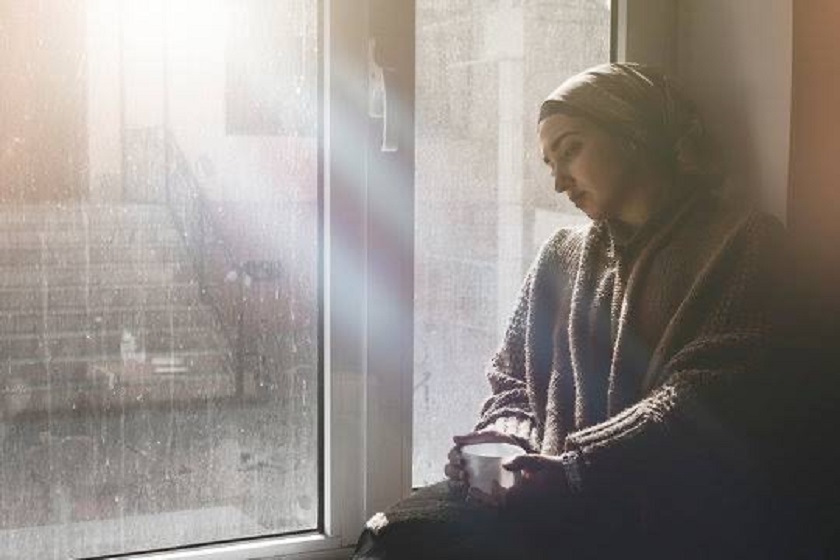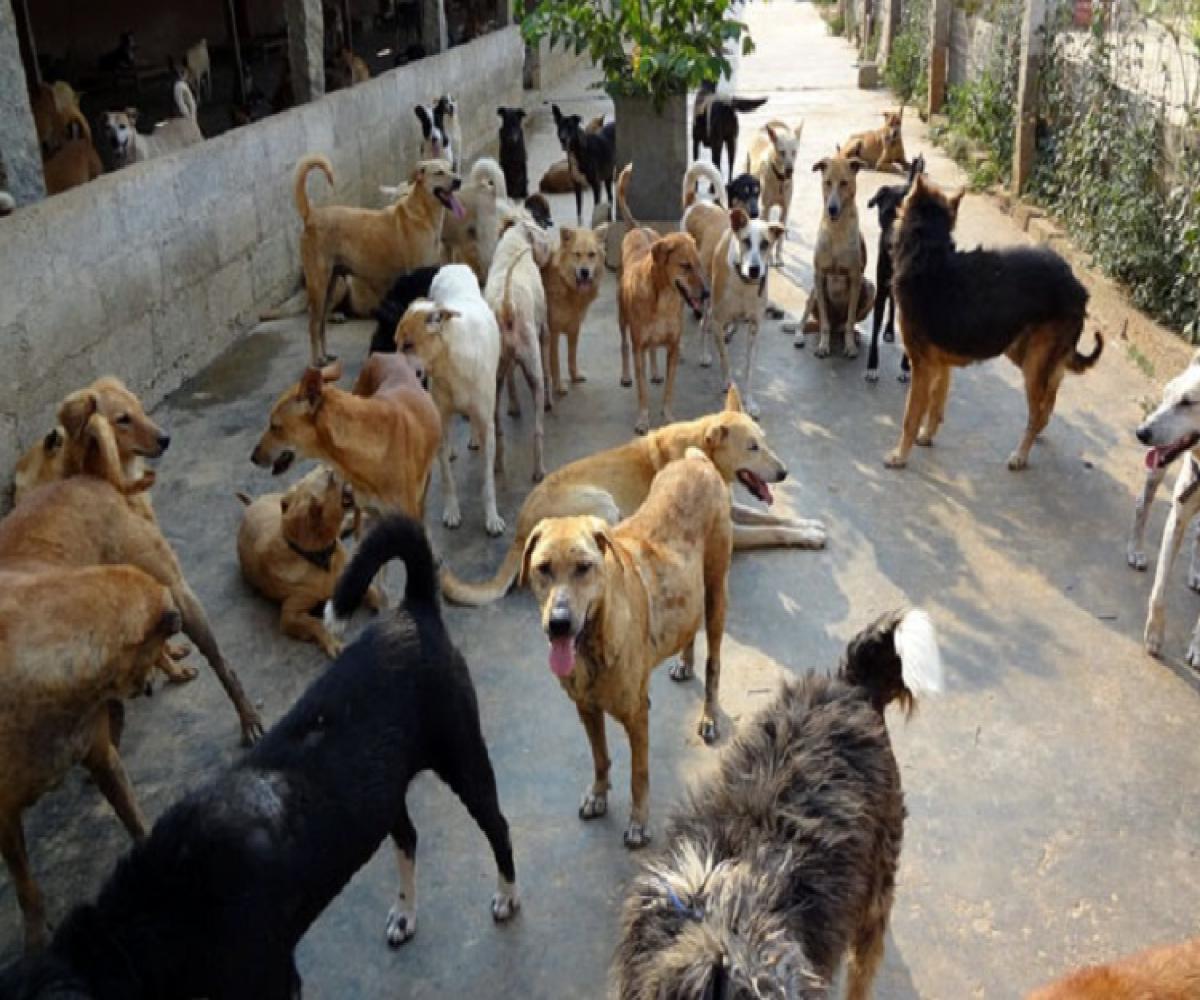A Deep Dive into Faith, Culture & Social Shifts in the Valley
By: Javid Amin
The Fading Echoes of the Mir Waiz’s Dua – In the heart of Srinagar’s Jamia Masjid, where once the aazan (call to prayer) harmonized with the laughter of brides and grooms exchanging jootis (wedding shoes), a quiet unease now lingers. Kashmir’s Muslim society—steeped in 600 years of Sufi traditions and Quranic values—faces a paradox: young professionals delaying nikah (marriage) into their 30s, divorce rates creeping upward, and elders whispering, “Yeh zamana hi kharab ho gaya hai” (This era has been ruined).
As a social researcher documenting Kashmir’s evolving familial fabric since 2010, I’ve sat with heartbroken parents in Anantnag, mediated disputes in Baramulla’s sharia courts, and interviewed millennials in Srinagar cafes who call marriage a “risk.” This article isn’t just about statistics—it’s about reconciling Allah’s eternal commandments with a valley torn between tradition and TikTok.
01: The Sanctity of Nikah in Islam – Quranic Foundations & Prophetic Guidance
1.1 Marriage as Half-Deen: A Divine Obligation
- Quran 30:21: “And among His signs is that He created for you mates from among yourselves, that you may dwell in tranquility with them, and He has put love and mercy between your hearts.”
- Hadith (Ibn Majah): “When a man marries, he has fulfilled half of his religion; so let him fear Allah regarding the remaining half.”
- Kashmir Context: Grandparents married at 16-18; today’s average marriage age: 28 (women) and 32 (men) (Source: JK Economic Survey 2022).
1.2 The Islamic Imperative Against Delay
- Hadith (Bukhari): “O young people! Whoever among you can marry, should marry, for it helps lower the gaze and guard chastity.”
- Scholarly View: Mufti Nasir-ul-Islam (Darul Uloom Raheemiyyah) warns, “Delaying nikah without valid reasons (e.g., illness, poverty) is makruh (disliked).”
1.3 Mahr, Walima & Rights: The Prophetic Blueprint
- Quran 4:4: “Give women their mahr as a free gift.” Kashmir’s crisis: Dowry demands (despite Islam’s prohibition) inflate to ₹5-10 lakhs, delaying marriages.
- Walima Sunnah: Simple feasts vs. today’s ₹20 lakh extravaganzas in Srinagar banquet halls.
02: Late Marriages in Kashmir – Causes, Consequences & Quranic Solutions
2.1 The ‘Educated & Unmarried’ Generation
- Statistics: 68% of Kashmiri women aged 25-34 are unmarried (vs. 21% in 1991).
- Causes:
- Career First: Islamic critique – “Rizq is from Allah, not degrees” (Mufti Menk).
- Unemployment: 15% youth joblessness in Kashmir (NSSO 2023) breeds financial anxiety.
- ‘Perfect Partner’ Syndrome: Rejecting potentials over trivial preferences vs. Surah An-Nur 24:32: “Marry the pious, even if they are poor.”
2.2 Social Media & ‘Halal Dating’ Confusion
- Instagram vs. Iman: Youth sliding into DMs instead of involving families, leading to haram relationships.
- Case Study: A 28-year-old Srinagar woman’s testimony: “I wasted 5 years ‘talking’ to a man who refused to approach my father for nikah.”
- Islamic Solution: Khitbah (engagement) allows supervised interaction – Hadith (Tirmidhi): “Do not be alone with a non-mahram, for Satan is the third.”
2.3 The Dowry Curse & Its Islamic Condemnation
- Kashmir’s Epidemic: Families demanding cars, gold, and cash – contrary to Quran’s mahr principle.
- Fatwa: Jamia Nizamia (Hyderabad) declares excessive dowry haram.
- Success Story: Anantnag’s “Simple Nikah Movement” – 200+ couples married with only Quran and ₹10,000 mahr since 2020.
03: Divorce in Kashmir – When ‘Talaq’ Becomes a Trend
3.1 Alarming Numbers: From Lifetime Bonds to 5-Year Marriages
- Data: Divorce rates up 40% in a decade (JK Women’s Commission 2023); Srinagar records 22% of cases.
- Common Reasons:
- Interference from In-Laws: Surah Al-Baqarah 2:233: “No mother should be harmed through her child, nor father through his child.”
- Financial Disputes: Men neglecting nafaqa (financial upkeep) – Quran 65:7: “Let the wealthy spend according to his means.”
3.2 The ‘Triple Talaq’ Misinterpretation
- Islamic Law: Only 1 talaq per month, with reconciliation efforts – Quran 2:229: “Either retain them with kindness or part with them with kindness.”
- Kashmir’s Reality: 60% of divorces are impulsive triple talaqs via WhatsApp (Source: Srinagar Sharia Council).
- Reform Example: Sopore’s Darul Qaza mandates counseling sessions before finalizing talaq.
3.3 The Silent Suffering of Women
- Case Study: A 26-year-old Shopian divorcee shares, “My in-laws demanded a Samsung shop as ‘jahez’ (dowry). When my father refused, I was given talaq.”
- Quranic Justice: Surah An-Nisa 4:19: “Do not inherit women against their will or harass them to make them return part of the mahr.”
04: Reviving the Institution – Community-Led Solutions Anchored in Faith
4.1 Role of Mosques & Madrassas
- Proposal: Friday sermons on marriage ethics; pre-marital courses covering Fiqh al-Usra (Family Jurisprudence).
- Model: Pulwama’s Masjid Bilal hosts monthly “Nikah Workshops” for youth.
4.2 Government Policy Meets Sharia
- Dowry Criminalization: Enforce JK Dowry Prohibition Act 2020 with Quranic education.
- Divorce Mediation: Train female Qazis (as in Kerala) to address women’s concerns.
4.3 The ‘Prophetic Marriage’ Revival
- Sunnah Practices:
- Simple Ceremonies: Emulate the Prophet’s ﷺ wedding to Aisha (RA): dates, milk, and a sermon.
- Mahr Advocacy: Promote symbolic mahr (e.g., teaching Quran) over materialism.
05: Voices from the Valley – Real Stories, Real Lessons
5.1 A Grandmother’s Lament
“Humne toh sirf ek dupatta aur sehra dekh kar rishta pakka kar liya tha. Aaj kal toh CV mangte hain!”
(“We fixed marriages just by seeing a scarf and turban. Now they ask for resumes!”) – Begum Fatima, 78, Srinagar.
5.2 A Revert’s Redemption
A former militant’s journey: “I divorced my wife during dark days. Islam taught me istighfar (repentance) and to remarry her with dignity.”
Epilogue: The Path Forward – Iman Over Ego
Kashmir’s marriage crisis isn’t a failure of Islam—it’s a test of our commitment to it. As the Dal Lake mirrors the twilight sky, let us remember: the solution lies not in rejecting modernity, but in anchoring it to the Quran’s immutable truths.
Call to Action:
- For Parents: Prioritize piety over professions in matchmaking.
- For Youth: Seek Allah’s help through Salatul Istikhara before deciding.
- For Leaders: Fund community marriage grants (like Malaysia’s Tabung Haji).
“The best among you are those best to their families.” – Prophet Muhammad ﷺ (Tirmidhi)



